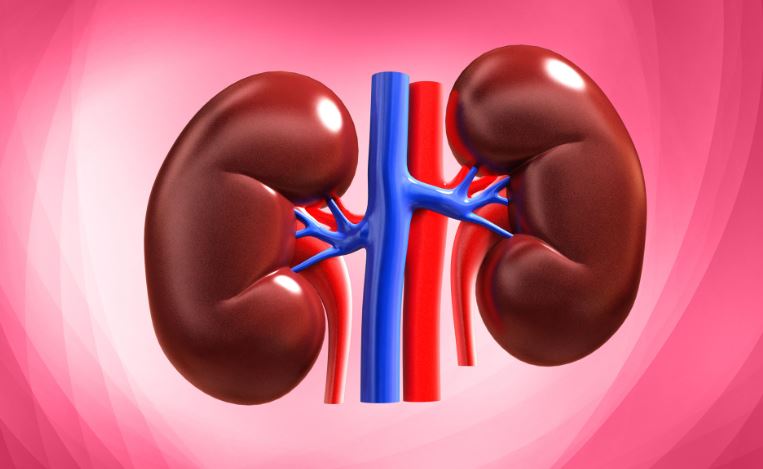New York: A steroid hormone called aldosterone — known to prevent dehydration by regulating salt and water in the body — is linked to an increased risk of kidney failure in patients with chronic kidney disease (CKD), according to a study led by an Indian-American researcher.
Aldosterone is a steroid hormone secreted by the adrenal glands, which sit above the kidneys. It plays a central role in controlling blood pressure. But too much of it can lead to high blood pressure, and cardiovascular and kidney diseases.
The study, published in the European Heart Journal, showed that the risk of CKD worsening and developing into end-stage kidney disease was independent of whether or not patients had diabetes.
The team, led by Dr Ashish Verma, Assistant Professor at Boston University School of Medicine, US, investigated the associations between aldosterone concentrations in the blood and kidney disease progression among 3,680 participants aged between 21 and 74 years old.
They focused on CKD progression, which was defined as a 50 percent decline in the ability of the kidneys to filter blood through the glomerular blood vessels, known as the estimated glomerular filtration rate (eGFR), or end-stage kidney disease, whichever occurred first. In the follow-up of nearly ten years, CKD progression occurred in 1,412 (38 percent) of the participants.
The team found that higher aldosterone concentrations were associated with lower eGFR, lower levels of potassium in the blood and higher potassium and protein concentrations in urine.
Further, they found that each doubling of aldosterone concentrations in the blood was linked to an 11 percent increased risk of CKD progression. Patients with concentrations in the top 25 per cent of the group had a 45 per cent increased risk compared to the 25 percent of patients with the lowest aldosterone concentrations. The risk was similar regardless of whether or not patients also had diabetes.
The findings are important because they suggest that aldosterone plays a role in the progression not only of CKD but also heart and blood vessel problems and that an existing drug that targets the action of aldosterone may help to prevent CKD from getting worse.
The US Food and Drug Administration (FDA) has approved the use of finerenone for patients with CKD and diabetes. Finerenone targets the non-steroidal mineralocorticoid receptor (MR). When this receptor is activated by aldosterone, elevated levels of the hormone lead to high blood pressure and cardiovascular and kidney diseases, Verma said.




 Kalinga AI
Kalinga AI